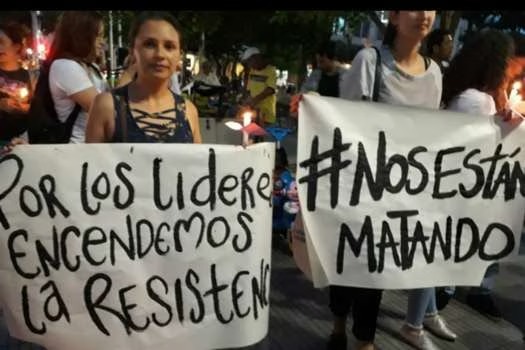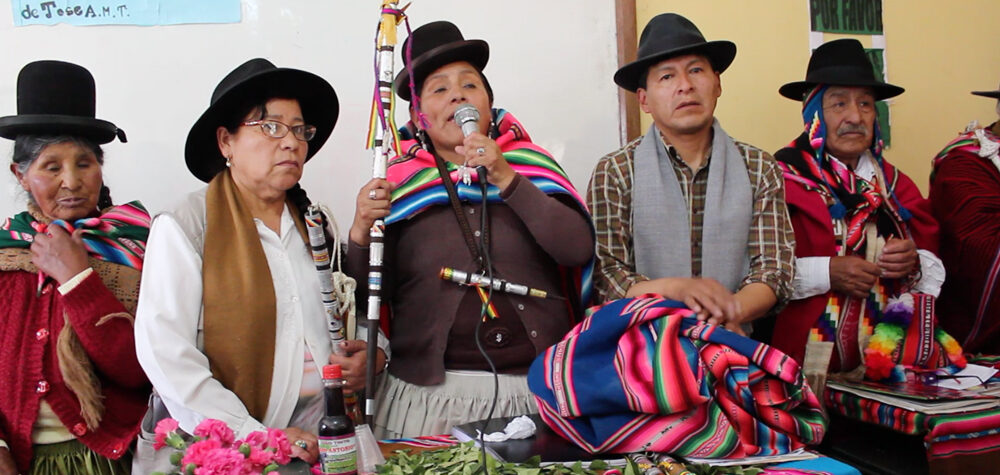Court/Mechanism: Constitutional Court
-

Challenge to the Criminal Law Codification and Reform Act
In July of 2023, President Emmerson Mnagagwa signed the Criminal Law Codification and Reform Act into law, now commonly referred to as the Patriotic Act. The act classified “wilfully injuring the sovereignty and national interest of Zimbabwe” as a crime which in turn, criminalized Zimbabwe civil society, human rights defenders and journalists who criticize the…
-

Carlos Ávila Case
Carlos Eduardo Ávila Aguilera is a journalist, writer, high school teacher, and political leader in Choluteca, Honduras. He has faced prolonged legal persecution since 2007 when he published articles in media outlets about the complaints of sexual harassment filed by four underage students against a professor at the José Cecilio del Valle Institute. For more…
-
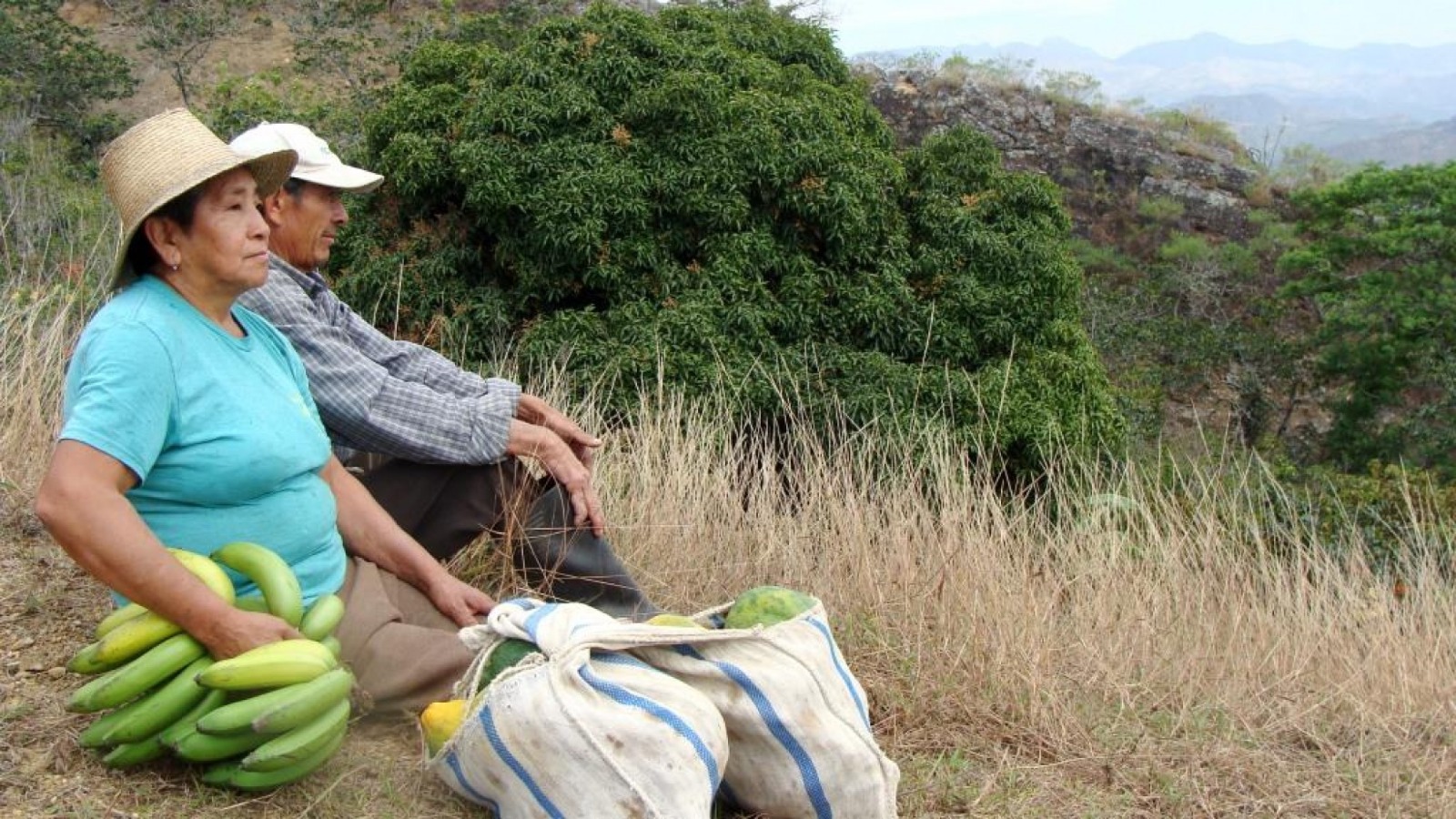
Asociación Sindical de Trabajadores Agrícolas y Campesinos (ASTAC) Case
The Asociación Sindical de Trabajadores Agrícolas y Campesinos (Trade Union Association of Agricultural Workers and Campesinos) (ASTAC) is the trade union for workers in the banana sector in Ecuador that, for years, have faced legal obstacles to register in the national register of private companies unions in the country, thus violating the right to work…
-
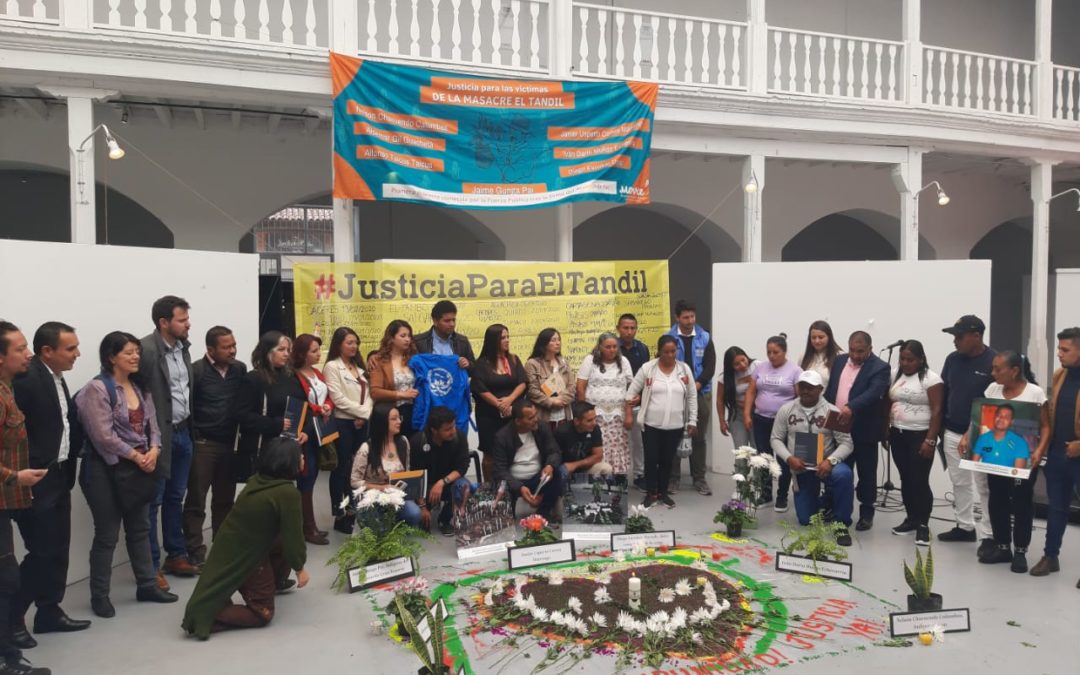
Tandil Masacre Case
On October 5, 2017, in the rural area of Puerto Rico-Majate, municipality of Tumaco, Nariño, a protest took place against the forced eradication of coca crops. As a result of the violent repression of the protest by the police, seven protesters were killed, some of them indigenous. The police forces stated that the deaths had…
-
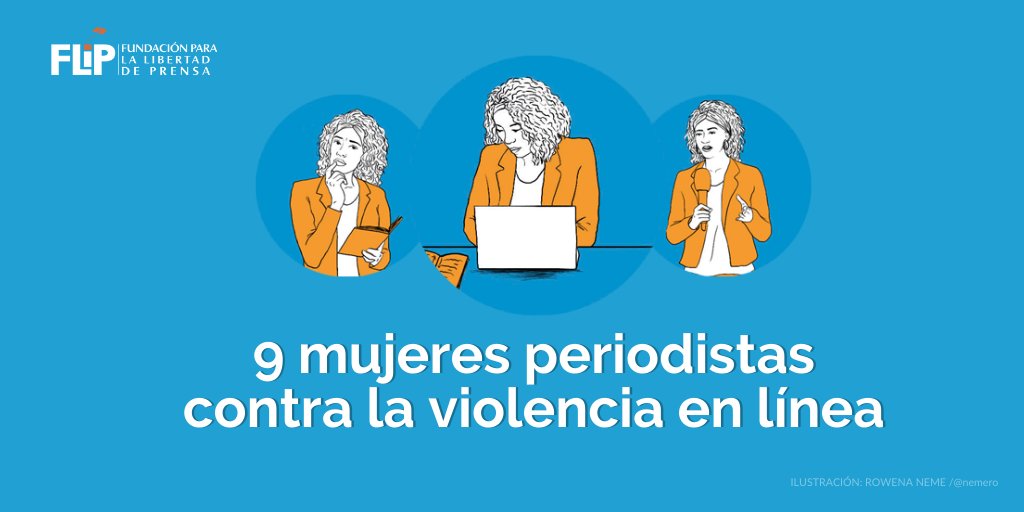
The case of Nine Women Journalists in Colombia
Nine women journalists from Colombia filed a tutela petition, asking for measures to be taken in order to protect them from the online sexist attacks they had been suffering, as a result of their work disseminating information of public interest or related to the actions of different political parties and actors. In May 2023, the…
-
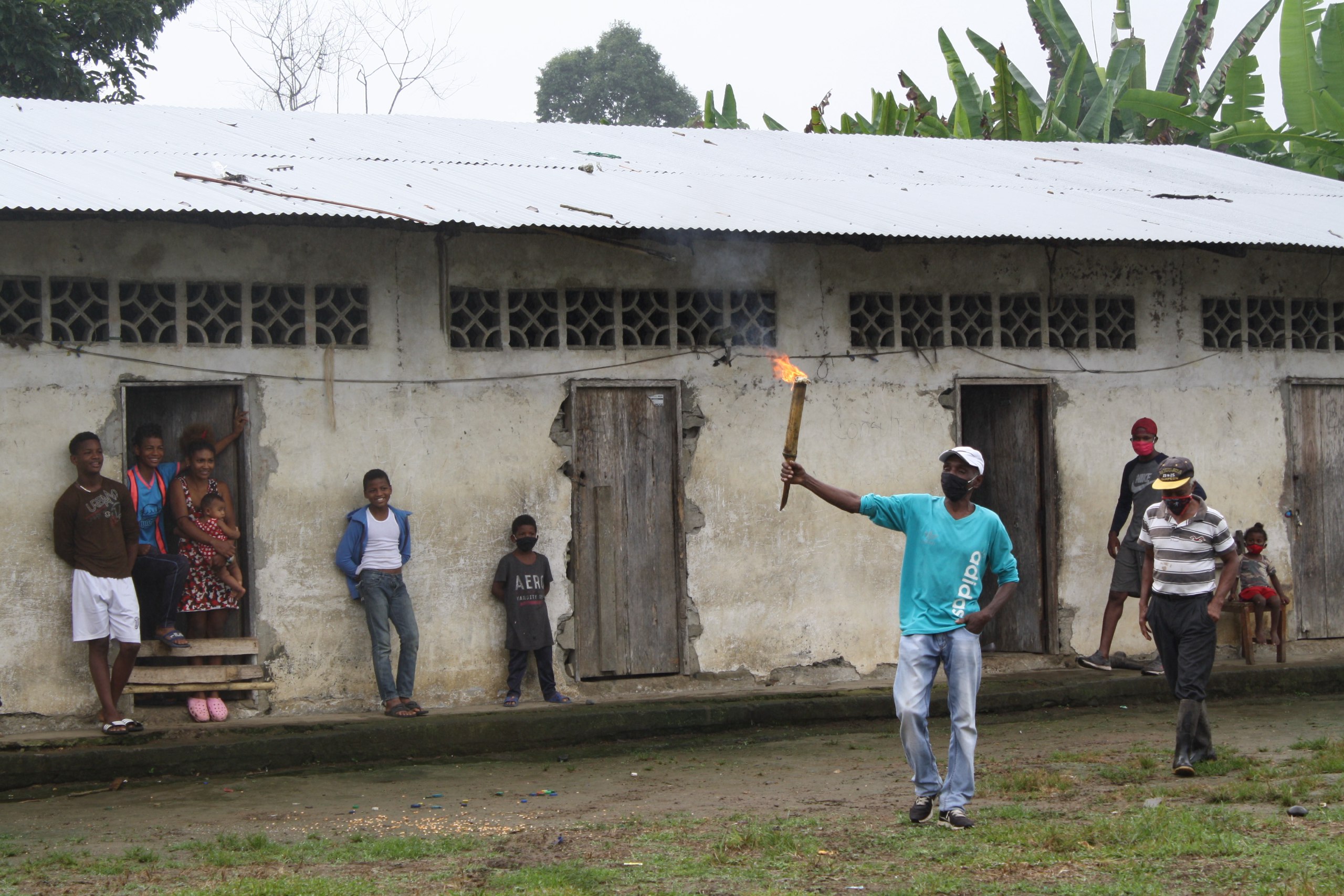
Furukawa Case
The Japanese company Furukawa Plantaciones S.A. has been operating on the Ecuadorian coast to exploit abaca fiber since 1963. More than 1,240 people, mostly Afro-Ecuadorian, have lived on the company’s plantations. They work in unworthy and miserable living, housing and work conditions, without access to drinking water, adequate food, health care, electricity or sanitation, in…
-
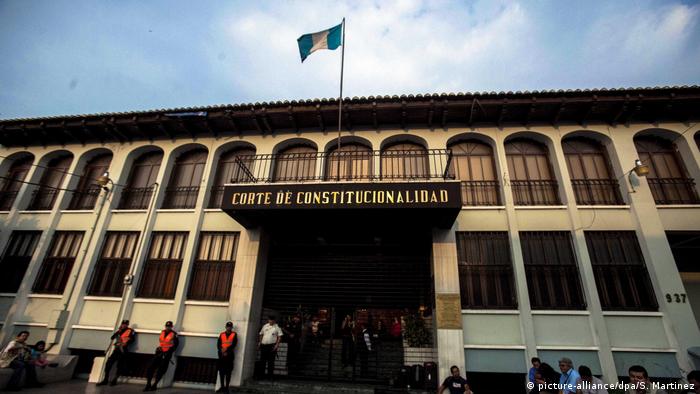
Guatemala’s Law on Non-Governmental Organizations
On February 11, 2020, the Guatemalan Congress approved reforms to the Law on Non-Governmental Organizations, which increased governmental control over NGOs operating in the country. This law empowers the government, specifically the Ministry of the Interior, to withdraw the registration of an organization without any type of procedure, and to control funds derived from international…
-
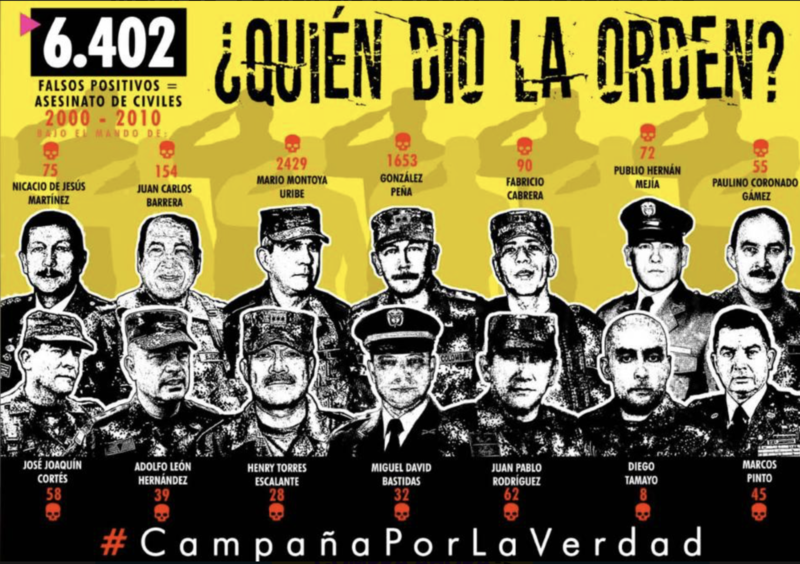
MOVICE murals case
The Movimiento Nacional de Víctimas de Crímenes de Estado (MOVICE) (National Movement of Victims of State Crimes) has painted on several occasions the mural “¿Quién dio la orden?” (“Who gave the order?”), which identifies several members of the military responsible for human rights violations currently under investigation by the Jurisdicción Especial para la Paz (JEP)…
